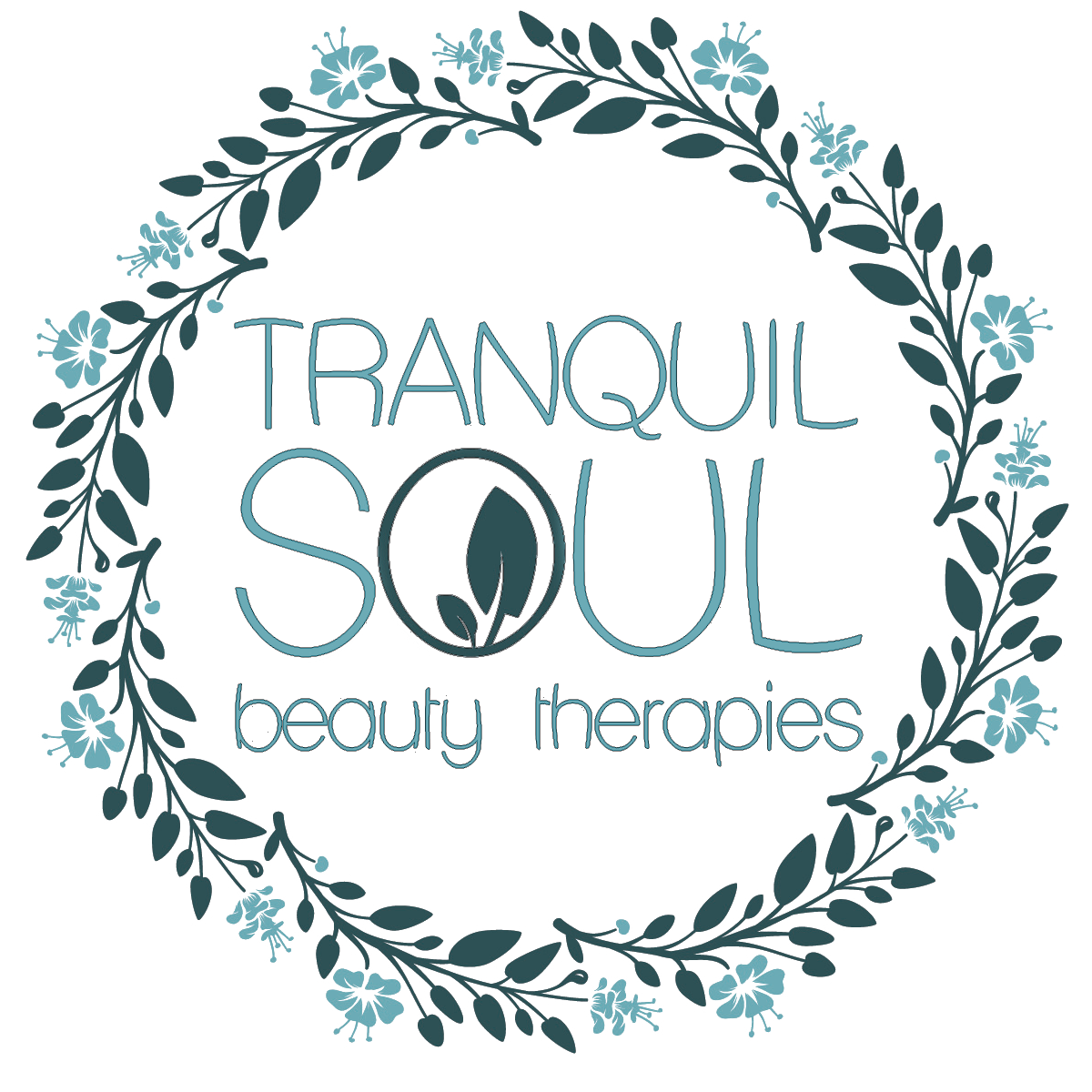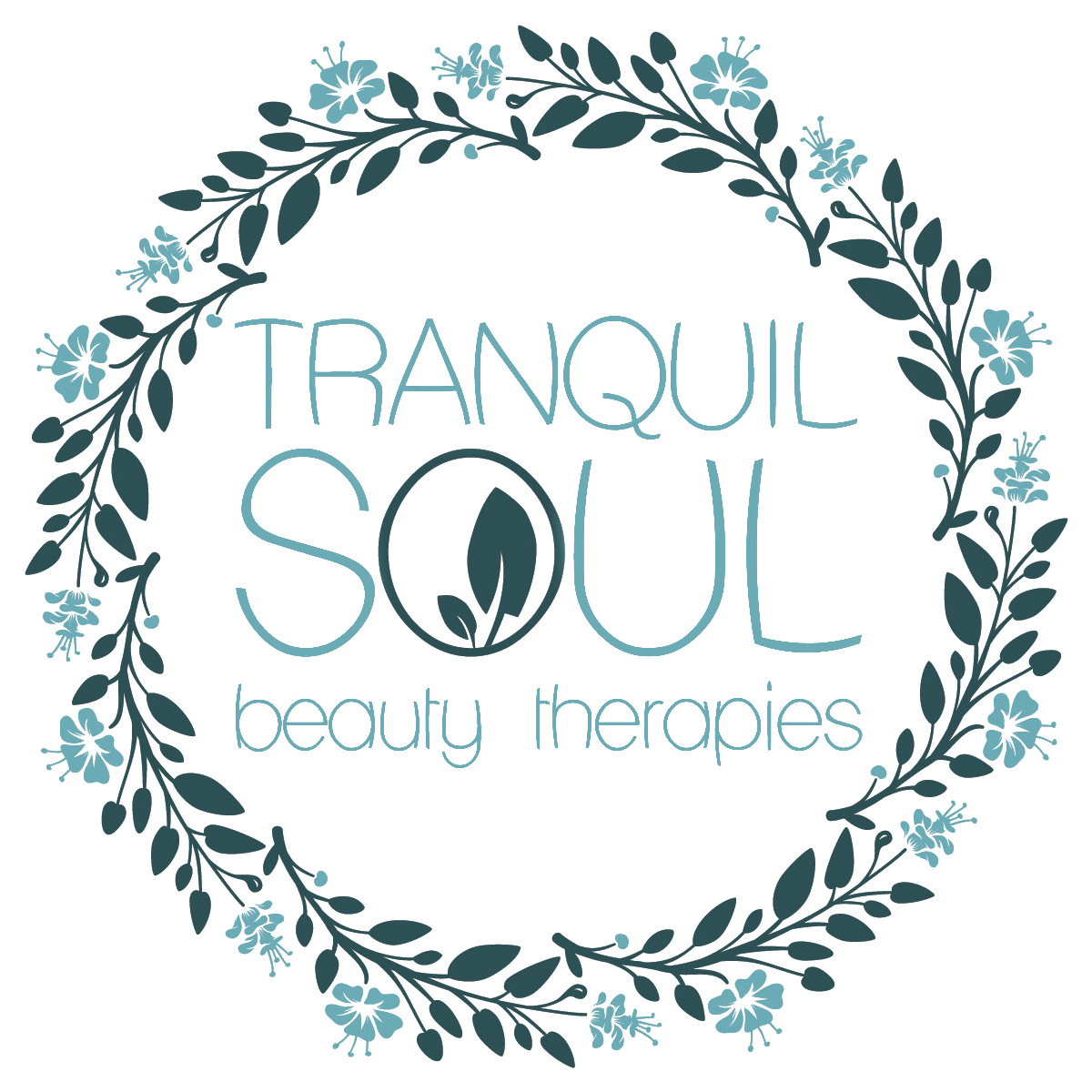Spotlight on Ingredients: Collagen
Collagen accounts for around 30% of your body’s protein. In this blog we will explore what collagen is and how using topical collagen and supplements can benefit your skin.
Understanding Collagen
Collagen is a structural protein that serves as the building block of our skin, hair, nails, and connective tissues. Think of it as the scaffolding that provides strength, elasticity, and firmness to your skin. As we age, however, the natural production of collagen decreases, leading to the formation of wrinkles, fine lines, and sagging skin.
Collagens primary function is to maintain the skin's integrity by ensuring it remains plump, hydrated, and resilient. Comprising amino acids like proline, glycine, and hydroxyproline, collagen is responsible for promoting cell turnover, healing wounds, and maintaining the overall health of our skin.
As we age, external factors such as sun exposure, pollution, and lifestyle choices can accelerate collagen depletion. This depletion contributes to the visible signs of aging such as fine lines and wrinkles. After the age of 30, our collagen production decreases at a rate of 1% per year. Topically applied collagen is too large to penetrate the skin or replenish its collagen. It is better to use ingredients to support collagen production and counteract its natural degradation. This is where using Dermalogicas new ProCollagen Banking Serum comes into play.
ProCollagen Banking Serum is packed with amino acids, the building blocks of collagen. It therefore goes beyond plumping the skin and actually builds on the integrity and structure of the skin. The result is a more resilient and more luminous skin.
What are The Benefits of Using ProCollagen Banking Serum on the Skin?
Reduces Wrinkles and Fine Lines: By restoring the skin's elasticity and hydration levels, the signs of aging are minimised, leaving you with smoother and more youthful-looking skin.
Boosts Hydration: One of collagen's key roles is retaining moisture in the skin. Its molecular structure allows it to act as a natural moisturiser, preventing dryness and promoting a radiant complexion. Regular use of collagen-infused products can result in a visibly plumper and well-hydrated skin.
Improves Skin Elasticity: Collagen is the secret behind skin elasticity. As we age, our skin loses its ability to bounce back, leading to sagging and laxity. Collagen helps restore and maintain the skin's elasticity, giving it a firmer and more lifted appearance.
Promotes Wound Healing: Collagen is not just about aesthetics; it plays a crucial role in the skin's healing process. Whether you have acne scars or minor wounds, collagen aids in tissue regeneration, contributing to faster and more effective healing.
Enhances Skin Texture: Uneven skin texture can be a concern for many individuals. Collagen helps smooth out the skin's surface by promoting the production of new skin cells. This results in a refined and more even complexion.
Protects Against UV Damage: Collagen has been found to have some protective effects against UV radiation, a significant contributor to premature aging. While it's not a substitute for sunscreen, collagen can complement sun protection measures, helping to safeguard the skin from environmental damage.
Incorporate Collagen into Your Skincare Routine
Now that we've explored the myriad benefits of collagen, the next question is: How can you incorporate it into your skincare routine? Fortunately, there are various options available, catering to different preferences and lifestyles.
Collagen-Infused Creams and Serums: Topical applications such as collagen-infused creams and serums are popular choices. These products are designed to be applied directly to the skin, delivering a concentrated dose of collagen to target specific concerns.
Collagen Supplements: For a holistic approach, consider incorporating collagen supplements into your daily routine. These can come in the form of powders, capsules, or liquids and are often packed with additional nutrients to support overall skin health.
Collagen-Boosting Foods: Don't forget the role of nutrition in skincare. Include collagen-boosting foods in your diet, such as bone broth, fish, and fruits rich in vitamin C, which is essential for collagen synthesis.
Collagen Supplements
While topical applications of collagen are renowned for their skin-rejuvenating properties, there's another dimension to the collagen story– the realm of supplements. Collagen supplements, available in various forms like powders, capsules, and liquids, offer a holistic approach to skincare by nourishing your skin from the inside out.
Collagen supplements contribute to overall skin health by supporting the body's natural processes. They aid in the regeneration of skin cells, helping to heal wounds and reduce the appearance of scars. This internal support system can enhance the effectiveness of topical skincare routines, creating a synergistic approach to achieving a radiant complexion.
Collagen supplements can also play a role in maintaining the health of hair, nails, and connective tissues, offering relief in some cases to joint mobility and pain. The benefits extend beyond the surface, promoting a sense of well-being that emanates from within. It is important to note that consistency is key. Most collagen powders can be added to your morning coffee or taken in a glass of water. Here at Tranquil Soul Beauty Therapies, we stock SO Body Co’s Peptigen+. It contains 5 types of collagen and combines marine, bovine and egg shell collagen into 1 powerful scoop of powder. Get in touch for more details or click the link to order yours.
Collagen stands tall as a formidable ally in the battle against aging. From reducing wrinkles to enhancing hydration and promoting overall skin health, the benefits of collagen are vast and impressive. Whether you choose to apply it topically or incorporate it into your diet, the key is consistency. Embrace the power of collagen, and let your skin radiate.


